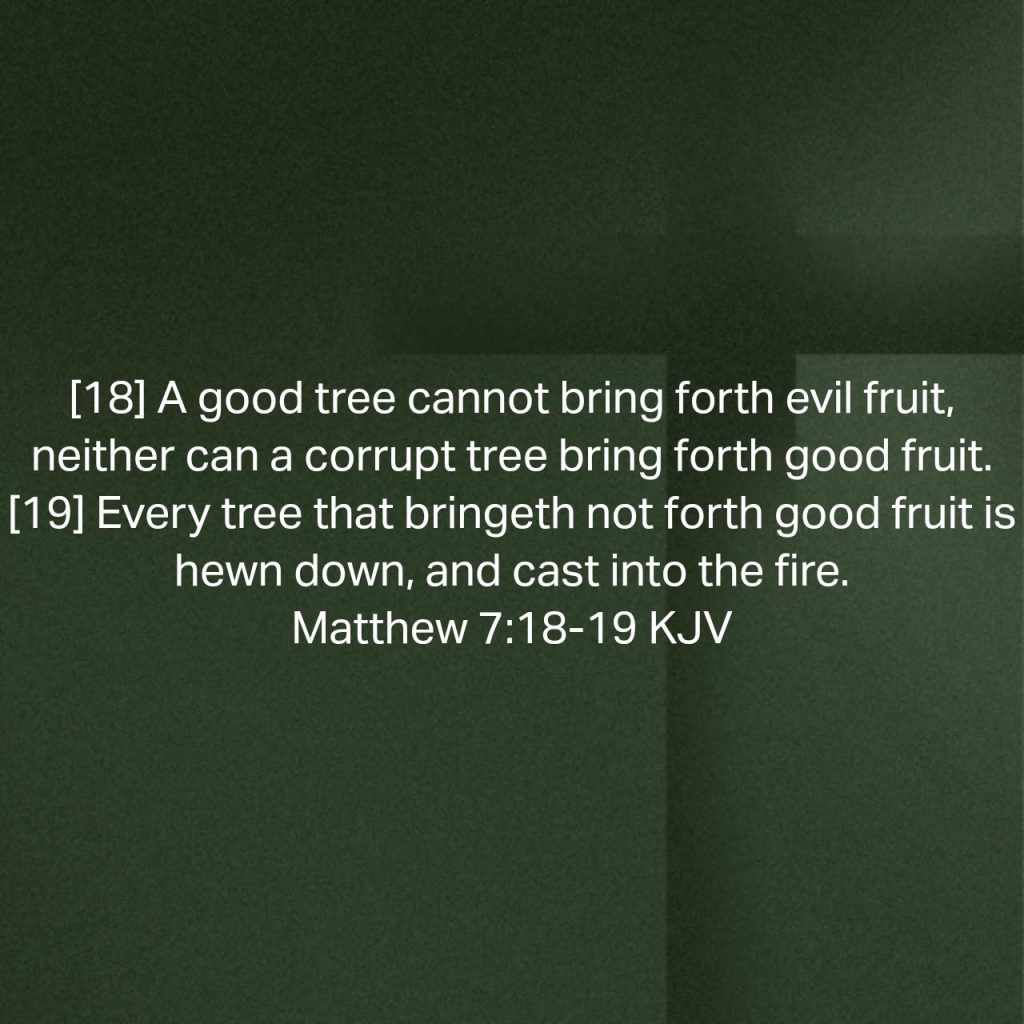“Dearly beloved, avenge not yourselves, but rather give place unto wrath: for it is written, Vengeance is mine; I will repay, saith the Lord.” Read more here. Introduction Romans 12:19 advises against taking personal vengeance, encouraging believers to leave judgment and retribution to God. Interpretation This verse instructs Christians to refrain from seeking revenge, emphasizing that vengeance belongs to the Lord, who will repay according to His justice. Modern Day Application Across Various Fields 1. Theology Encourages believers to trust in God’s justice and to avoid taking retribution into their own hands. 2. Philosophy Promotes the exploration of ethical responses to wrongdoing, emphasizing forgiveness and trust in a higher justice.… Read More
Continue Reading





